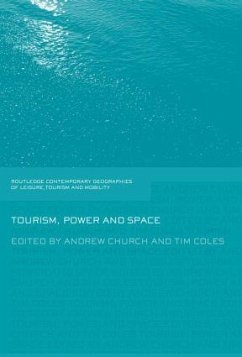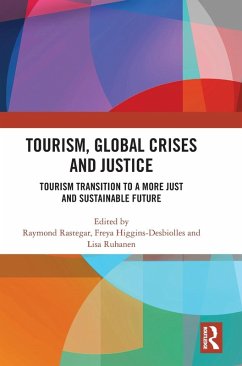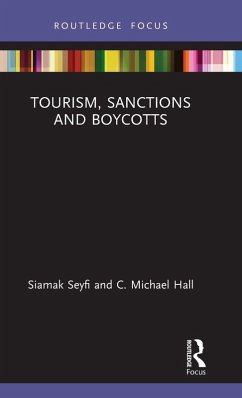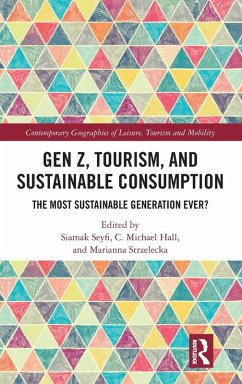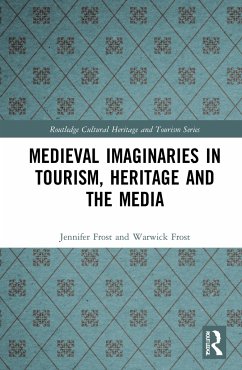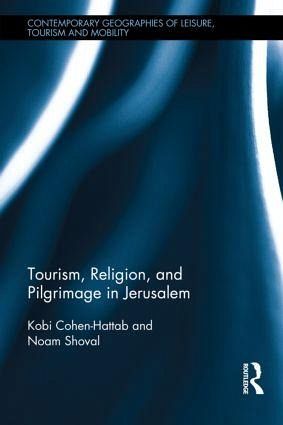
Tourism, Religion and Pilgrimage in Jerusalem
Versandkostenfrei!
Versandfertig in 1-2 Wochen
180,99 €
inkl. MwSt.

PAYBACK Punkte
90 °P sammeln!
The book traces tourism and pilgrimage in Jerusalem from the late Ottoman era to the reunification of the city under Israeli rule. The city's evolution is shown to be intertwined with its tourist industry, as tourist sites, accommodations, infrastructure, and services transform the city's structures and open spaces. At the same time, tourism is wielded by various parties in an effort to gain political recognition, to bolster territorial control, or to garner support. It will be valuable reading to students, academics and researchers in the fields of tourism, religious studies, geography, histo...
The book traces tourism and pilgrimage in Jerusalem from the late Ottoman era to the reunification of the city under Israeli rule. The city's evolution is shown to be intertwined with its tourist industry, as tourist sites, accommodations, infrastructure, and services transform the city's structures and open spaces. At the same time, tourism is wielded by various parties in an effort to gain political recognition, to bolster territorial control, or to garner support. It will be valuable reading to students, academics and researchers in the fields of tourism, religious studies, geography, history, cultural studies, and anthropology.






